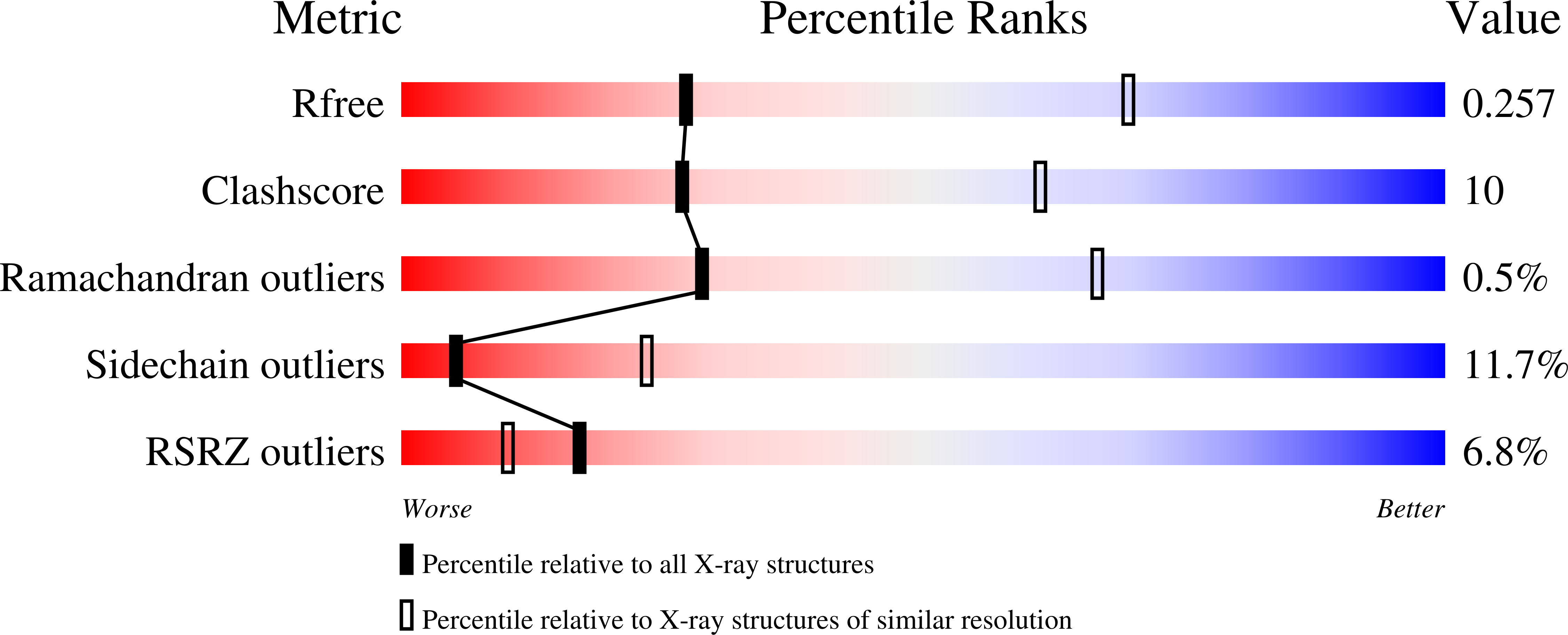
Deposition Date
2021-11-25
Release Date
2022-04-20
Last Version Date
2024-01-31
Entry Detail
Biological Source:
Source Organism(s):
Homo sapiens (Taxon ID: 9606)
Severe acute respiratory syndrome coronavirus 2 (Taxon ID: 2697049)
Severe acute respiratory syndrome coronavirus 2 (Taxon ID: 2697049)
Expression System(s):
Method Details:
Experimental Method:
Resolution:
3.20 Å
R-Value Free:
0.23
R-Value Work:
0.22
R-Value Observed:
0.22
Space Group:
I 4 3 2


